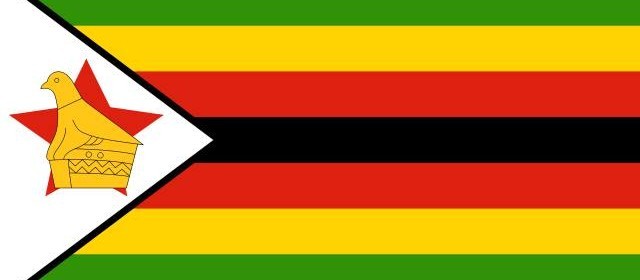- WICKNELL CHIVAYO left school at 15
- DISGRUNTLED Zimbabwe police stage uniform protest.
- MNANGAGWA wife Auxillia drops charges against nine women who boed her in Manicaland
- O.J. Simpson dies of cancer , aged 76.
- South Africa ANC is the cause of ZIMBABWE troubles claims Zimbabwe opposition politician Job Sikhala
‘Political Reform Before Economic Reform?’ The Zimbabwean Situation

Introduction A nation can survive its fools, and even the ambitious. But it cannot survive treason from within. An enemy at the gates is less formidable, for he is known and carries his banners openly against the city.
But the traitor moves among those within the gates freely, his sly whispers rustling through all the alleys, heard in the very halls of government itself. For the traitor appears no traitor; he speaks in the accents familiar to his victims, and he wears their face and their garments, and he appeals to the baseness that lies deep in the hearts of all men.
He rots the soul of a nation; he works secretly and unknown in the night to undermine the pillars of a city; he infects the body politic so that it can no longer resist. — Marcus Cicero, speaking to Caesar, Crassus, Pompey and the Roman Senate.
From the very beginning Zanu government perfidiously sowed the germs of division and hatred between the two great tribes of this country and succeeded in dividing the Ndebele and the Shona and failed to address the burning question of nation building.
That division has given Zanu a golden opportunity to crush unity and political dissent, and reign over the bloody ruins of both, a favoured, long-standing policy. Political Reform before economic Reform Political Reform before Economic Reform does not apply in Zimbabwe because of the following reasons;
The New Zimbabwean Constitution was drafted through a country wide Referendum. Reference Chapter 2 – National Objectives
The three Objectives support the argument that Zimbabwe has a democratic Constitution which can be improved after Economic Reform. 8.Objectives to guide State and all institutions and agencies of government
The objectives set out in this Chapter guide the State and all institutions and agencies of government at every level in formulating and implementing laws and policy decisions that will lead to their establishment, enhancement and promotion of a sustainable, just, free and democratic society in which people enjoy prosperous,happy and fulfilling lives,.
Regard must be had to the objectives set out in tliis Chapter when interpreting the State’s obligations under this Constitution and any other law.
Good governance The State must adopt and implement policies and legislation to develop efficiency, competence, accountability, transparency, personal integrity and financial probity in all institutions and agencies of government at every level and in every public institution, and in particular— appointments to public offices must be made primarily on the basis of merit; measures must be taken to expose, combat and eradicate all forms of corruption and abuse of power by those holding political and public offices.
The State must ensure that all institutions and agencies of government at every level, in particular Commissions and other bodies established by or under this Constitution, are provided with adequate resources and facilities to enable them to carry out their functions conscientiously, fairly, honestly and efficiently.
National unity, peace and stability The State and every person, including juristic peisons, and every institution and agency of government at every level, must promote national unity, peace and stability.
Glasnot Effect- Putting Politics before hungry stomachs Mikhail Gorbachev introduced his liberal reforms of Glasnost, people were more inclined to talk to the government; in doing so the people spoke badly of the Communist government because they did not give the people what they promised.
The immediate task after a revolution is putting less of an influence on control of the state, people will remain happy with the government. New economic reforms that were being introduced, will give more economic freedom to the people of Zimbabwe. The new economic reforms must have direct impact in alleviating poverty and starvation in the short-term; while a long term solution formulated/effected.
This then creates trust between the new government and the people of Zimbabwe and they will believe in their new government. This will be on the basis of immediate and tangible direct economic solutions that address concerns of each and every citizen.
In conclusion, therefore Zimbabwe already has a Constitution that enables it to be democratic state, however the current regime is unwilling to do so(see introduction); the need for political reform is secondary, making economic reform primary. By B Ngwenya